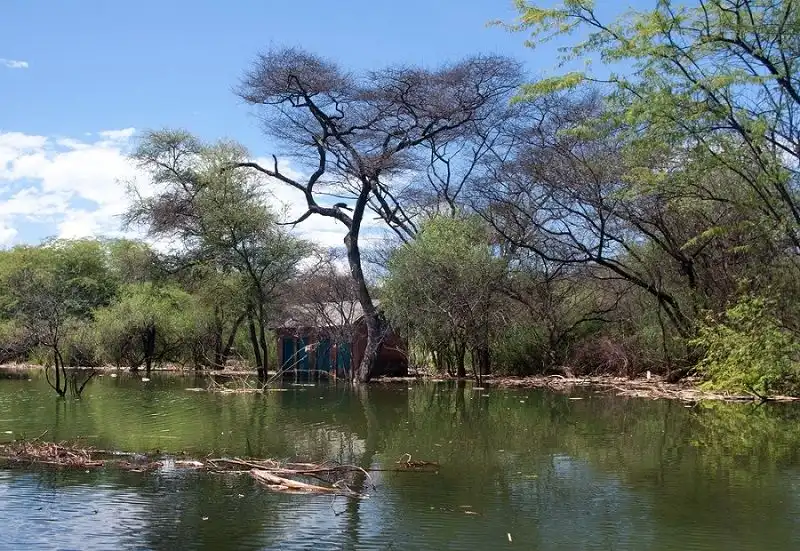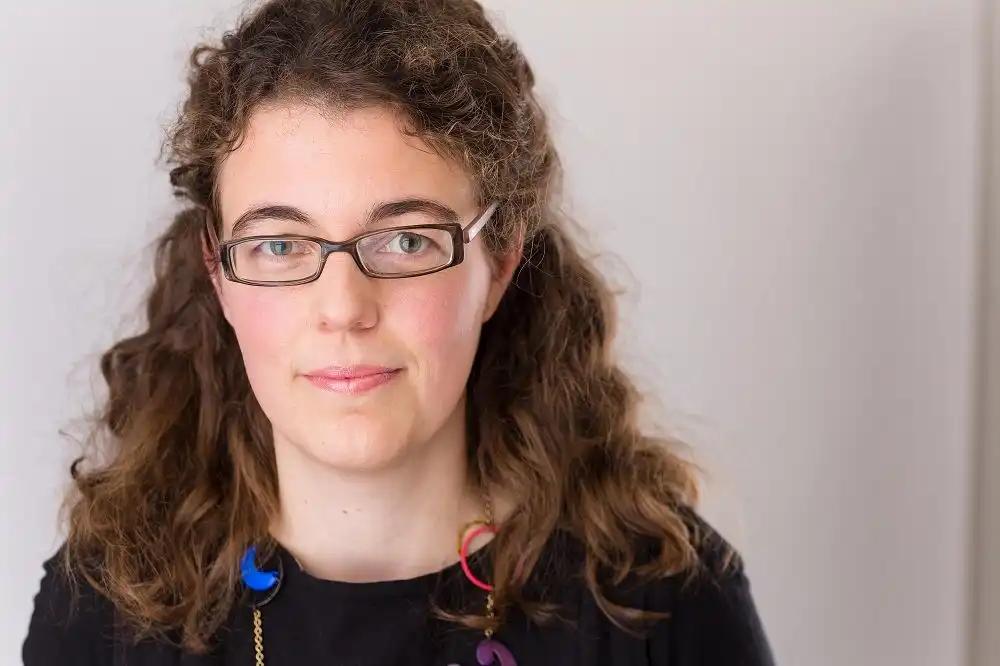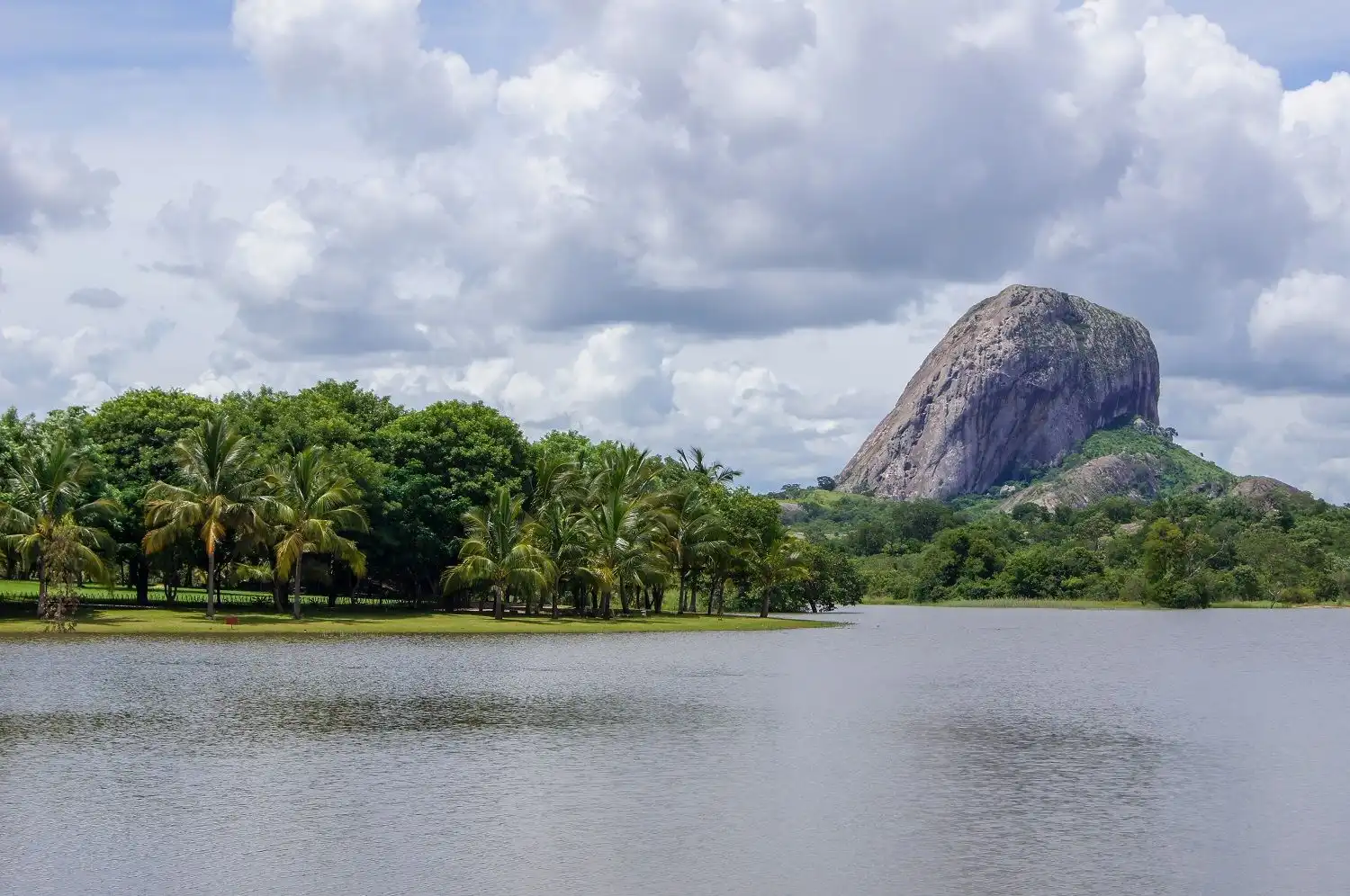
Home>The Clinic>Human rights, economic development and globalization (hedg)
The Clinic: Human rights, economic development and globalization (HEDG)
The Human Rights, Economic development and Globalization (HEDG) clinic programme focuses on issues relating to the promotion, protection and realization of human rights, the responsibility of actors in globalization and economic development, and on sustainable and equitable development.
As part of this programme, students follow a clinic course in relation to these themses, and consisting of intensive training, both theoretical and practical. In addition to this course, students spend time working as a team on a clinic project. Project work is carried out on behalf of a partner : NGOs, judicial and quasi-judicial institutions, international or professional organizations or even law firms specializing in issues related to human rights and economic globalizationon a transnational scale and in developing countries. The work produced by the students takes various forms : reports, memoranda, guide books and practical tools, or even advocacy tools or amicus briefs. Each team is supervised by a tutor who supports and guides the students in their work throughout the year.
The HEDG clinic is open to second year students enrolled on the Master in Economic Law and to first year PSIA masters students. It benefits from regular interventions from professionals working for associations, NGOs, international organizations, law firms and the business world.
Curriculum development and pedagogical support for the RISE and HEDG clinic programmes falls under the supervision of Professors Jeremy Perelman and Horatia Muir-Watt.
Pedagogical team
The HEDG clinic programme is taught in English and coordinated by :
- Sylvain Aubry, course co-lecturer
- Lucie Chatelain, course co-lecturer
- Sandra Cossart, course co-lecturer
- Katharina Rall, course co-lecturer and HEDG clinic coordinator
- Gabrielle Genser, teaching assistant and tutor
- Gabriel Araujo, tutor
- Dorothea Boettcher, tutor
- Hina Fathima, tutor
- Philippine Garrigue, tutor
- Dorcas Goabga, tutor
- Margaret Harris, tutor
- Christos Zois, tutor
Projects 2025-2026
Comprehensive sexuality education (CSE) is the international term for curriculum-based teaching that provides children and young people with knowledge, skills, and values that will equip them to realize their health, well-being, and dignity; develop respectful social and sexual relationships; and understand and ensure the protection of their rights throughout their lives. The right to CSE stems from a combination of the rights to education, health, information, science, non-discrimination, and freedom of expression.
The human rights consequences of inadequate sexuality education are dire: children are denied lifesaving information about their bodies, health, identities, and rights, including crucial information about discrimination, consent, and healthy relationships. Children whose rights are already jeopardized by structural discrimination, including girls and LGBT children, are disproportionately harmed. Concerted attacks on CSE also have a detrimental impact on parents, teachers, and civil society, including defenders of women’s rights, LGBT+ rights, and child rights.
Authoritarian and populist leaders around the world are attacking children’s right to CSE for political gain. Backed by fierce, well-funded, and coordinated anti-rights actors, policymakers and officials in many countries and regions, and across multilateral fora, are using disinformation and censorship to weaken and ultimately prohibit teaching a rights-based sexuality curriculum, as part of broader “pro-family,” “parental rights,” so-called “public morality”, and “anti-gender” movements. Anti-CSE advocacy has become part of the authoritarian playbook in various contexts and coincides with broader attacks on civil society, the rule of law, and the separation of powers.
Human Rights Watch has been building a body of research for years, looking at the human rights consequences of inadequate sexuality education. These country and issue-specific projects have had an individualized and important impact. They have also affirmed the growing strength of a global opposition movement purporting to “protect” children by undermining CSE and depriving children of the information and tools they need for their safe and complete development. This year will see the beginning of a new global project that will build on existing work and help bring attention and visibility to CSE, as described below.
The goal is to help bring visibility and public attention to UNESCO’s country-level research on the right to CSE worldwide during a time when they are navigating funding cuts and attacks from the Trump administration.
Building on work carried out by a children’s rights intern in July and August 2025, students will use a set of human rights indicators to review some 100 countries’ efforts on CSE at the national level. The intern developed a preliminary list of indicators and a model for evaluating them. Students will review and discuss this model, refine it as needed, and review UNESCO’s profiles on ~100 countries to evaluate their overall efforts on CSE. Human Rights Watch will publish this analysis online as an interactive index (similar to an interactive index on pregnant and parenting adolescents in Africa and an index on corporal punishment in the Middle East and North Africa) that provides a comprehensive snapshot of the status of the right to CSE globally.
The project’s first part consists of finalizing the database with all countries and indicators according to the UNESCO survey, using tables and finding a quantifying value for each indicator we want to score. The second part of the project involves visualizing the index through maps and other tools, while developing an advocacy and PR campaign.
- Partner: Human Rights Watch
- Tutor: Dorcas Goabga
Despite banning the use of many hazardous pesticides within its territory, the European Union continues to allow the production and export of these same substances to third countries, predominantly in the Global South. This regulatory inconsistency has contributed to the large-scale export of chemicals recognised as harmful to human health and the environment. Although the European Commission committed, in its 2020 Chemicals Strategy for Sustainability, to ending such exports, no concrete regulatory or legislative measures have followed to date. As a result, a significant policy gap persists between the EU’s internal standards and its external practices.
Since 2019, a coalition of European non-governmental organisations (the End Toxic Pesticide Trade Coalition), including ActionAid, the Veblen Institute, PAN Europe, Public Eye, Corporate Europe Observatory, and others, has been actively engaged in political advocacy to close this policy gap. As part of this broader effort, the coalition now seeks to explore whether legal action at the European and, where relevant, international level could be used to challenge the EU’s current export policy.
The primary outcome of the project is a research report identifying and assessing the legal avenues most likely to succeed. Students analyse whether existing EU law, particularly in the fields of public health, environmental protection, food safety, and trade, can be mobilised to contest the legality or coherence of the EU’s export regime. The project also considers complementary international and human-rights-based avenues, including engagement with UN mechanisms, where these may reinforce litigation or advocacy strategies.
- Partner: ActionAid and Veblen Institute
- Tutor: Gabriel Araujo
- Partner: World's Youth for Climate Justice
- Tutor: Christos Zois
- Partner: Notre Affaire à Tous (NAAT)
- Tutor: Philippine Garrigue
- Partner: United Nations Educational, Scientific and Cultural Organization (UNESCO)
- Tutor: Margaret Harris
- Partner: GHETT'UP
- Tutors: Hina Fathima
The project addresses the growing global trend of shrinking civic space and the increasing criminalization of human rights and environmental defenders. As the Agence Française de Développement (AFD), together with its subsidiaries Proparco and Expertise France, plays an increasingly central role in France’s economic diplomacy, its operations in authoritarian contexts raise critical questions regarding compliance with the obligation to “do no harm” to human rights.
Carried out in partnership with CCFD-Terre Solidaire, the project aims to examine the practices and legal frameworks governing the development policies of AFD and its subsidiaries in repressive environments. It seeks to assess how these public actors identify and address risks of fundamental rights violations, particularly those affecting human rights and environmental defenders, and to explore whether effective duty of vigilance mechanisms apply to public development actors.
Throughout the 2025–2026 academic year, students will engage in legal and analytical research on existing regulatory frameworks and on selected development projects implemented in sensitive contexts. This work will contribute to a broader reflection on the human rights implications of public development action and on the contours of an appropriate duty of vigilance for public actors.
- Partner: CCFD-Terre Solidaire
- Tutors: Dorothea Boettcher
- Partner: LexCollective
- Tutors: Gabrielle Genser
Past projects
- HEDG projects carried out in 2024-2025 (PDF, 136 Ko)
- HEDG projects carried out in 2023-2024 (PDF, 160 Ko)
- HEDG projects carried out in 2022-2023 (PDF, 155 Ko)
- HEDG projects carried out in 2021-2022 (PDF, 135 Ko)
- HEDG projects carried out in 2020-2021 (PDF, 125 Ko)
- HEDG projects carried out in 2019-2020 (PDF, 330 Ko)
- HEDG projects carried out in 2018-2019 (PDF, 261 Ko)
- HEDG projects carried out in 2017-2018 (PDF, 317 Ko)
Learning by Doing: Human Rights and Climate Change in Kenya

Three students collaborate with Human Dignity to document the impact of climate change on women’s right to health in Kenya and advocate at the United Nations level.
Meet Katharina Rall, coordinator of the Human Rights, Economic development and Globalization (HEDG)

As a coordinator of the clinic programme, Katharina oversees the academic and practical components of the clinical work.
A Case Study in Corporate Accountability in Mozambique

Casandra Arias Roux, Chiara Chiarelli, Mathilde Humen and Léo Ruesche Neggia share their experience with us.